CCBDD’s Human Rights Committee oversees the development and implementation of behavioral support strategies that include restrictive measures across all settings and services. Restrictive measures include violations of the Bill of Rights (ORC 5123.62), manual restraints, mechanical restraints, chemical restraints, and time-out. The committee also safeguards individuals’ rights and protects individuals from physical, emotional, and psychological harm.
Behavioral Consultants and Support Administrators will have contact with the Human Rights Committee if a restrictive measure is needed to help protect an individual or those around them.
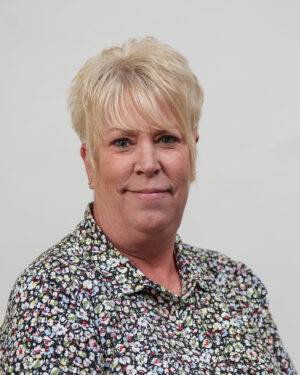
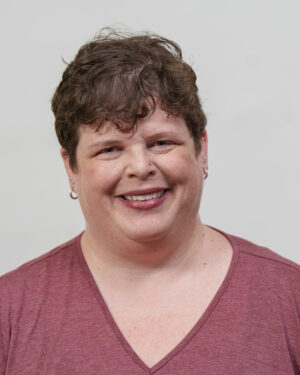
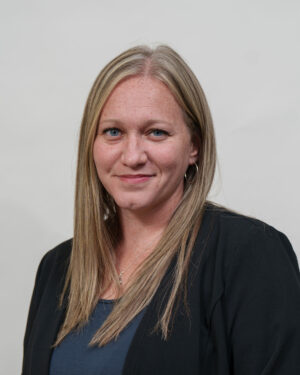
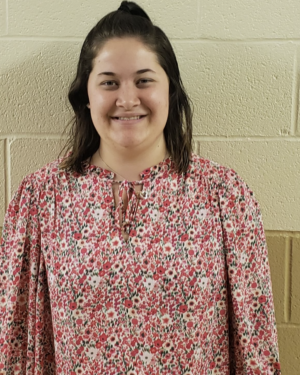
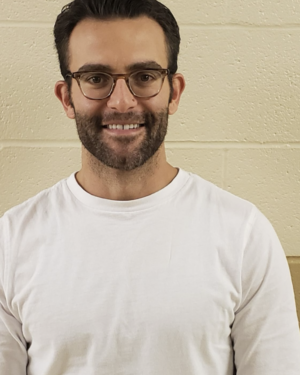
Developmental Disabilities Registry
The Columbiana County Board of Developmental Disabilities (CCBDD), in partnership with First Responders in Columbiana County are committed to ensure the health, safety, and wellness of our individuals.
Participation in this program is voluntary and information will remain confidential unless its release is required by law. First Responders will be alerted to this information if they are called to provide services to you in your home or the community. You may choose not to answer any portion of the attached form and you may withdraw from this program by notifying the CCBDD at any time. You will be asked to update this information occasionally to ensure the First Responders have the most current and accurate information available.
The Rights of Individuals with Disablities
- Be treated nicely at all times and as a person.
- Have a clean safe place to live in and a place to be alone.
- Have food that is good for you.
- Be able to go, if you want, to any church, temple or mosque.
- Be able to go to a doctor or dentist when you are sick.
- Be able to have people help you with the way you walk, talk, do things with your hands, act or feel, if you need it.
- Be able to have people help and teach you, if you want.
- Be able to have time and a place to go to be by yourself.
- Be able to call, write letters or talk to anyone you want about anything you want.
- Be able to have your own things and be able to use them.
- Be able to have men and women as friends.
- Be able to join in activities and do things that will help you grow to be the best person you can be.
- Be able to work and make money.
- Be treated like everyone else.
- Not be hit, yelled at, cursed at, or called names that hurt you.
- Be able to learn new things, make friends, have activities to do, and go out in your community.
- Be able to tell people what you want and be part of making plans or decisions about your life.
- Be able to ask someone you want to help you, let others know how you feel or what you want.
- Be able to use your money to pay for things you need and want with help, if you need it.
- Be able to say yes or no before people talk about what you do at work or home or look at your file.
- Be able to complain or ask for changes if you don’t like something without being afraid of getting in trouble.
- Not be given medicine that you don’t need or held down if you are not hurting yourself or others.
- To vote and learn about laws and your community.
- To say yes or no to being part of a study or experiment.
